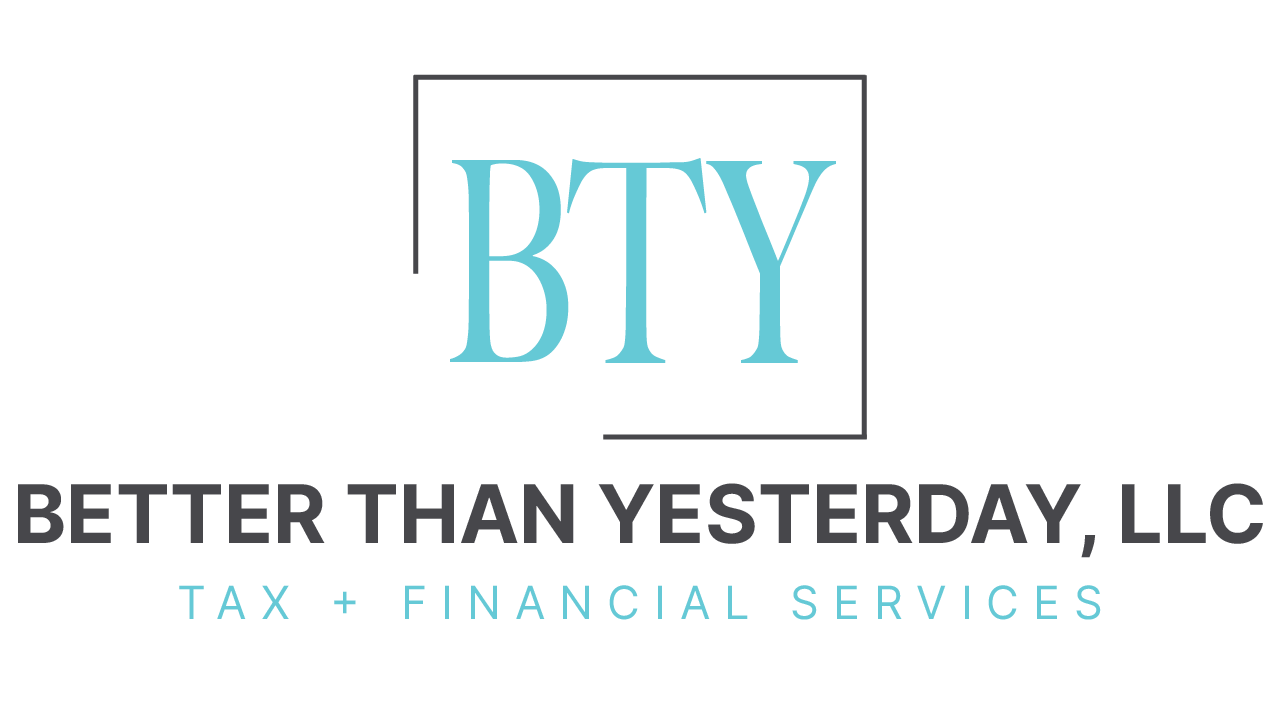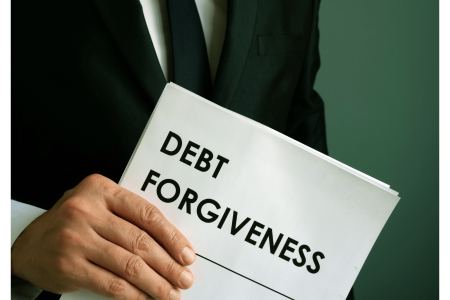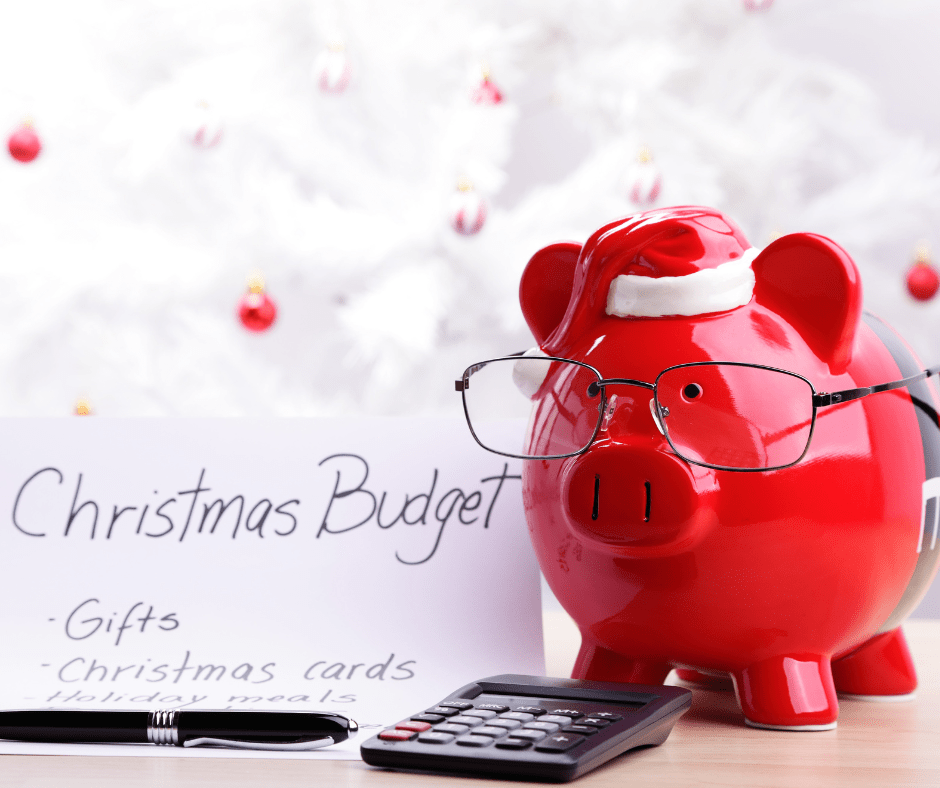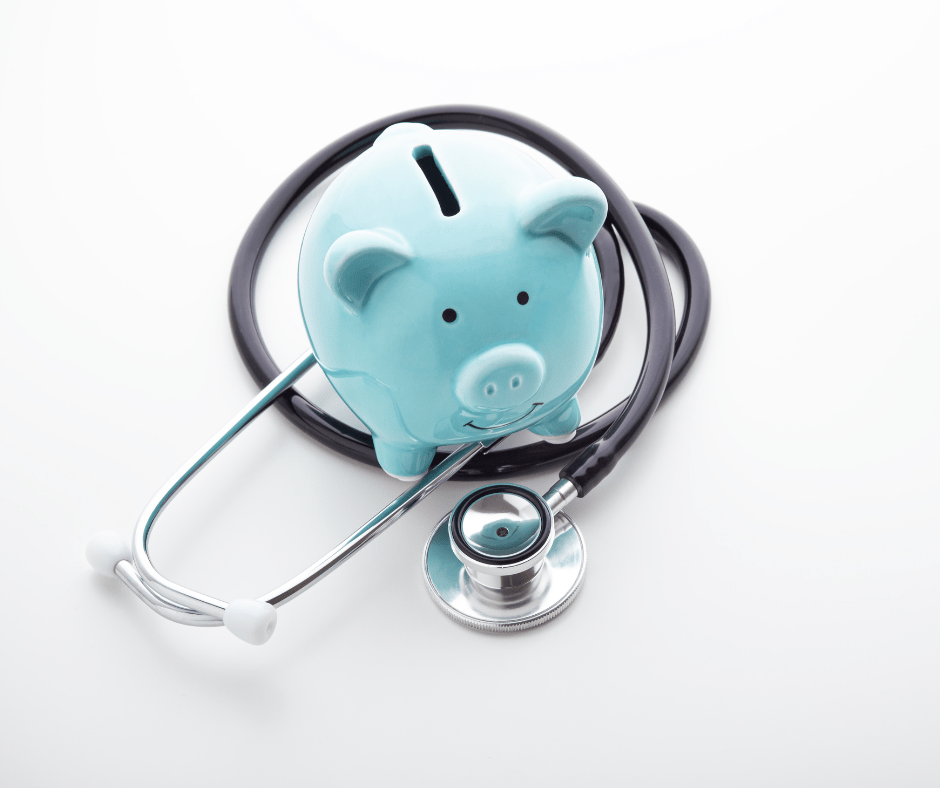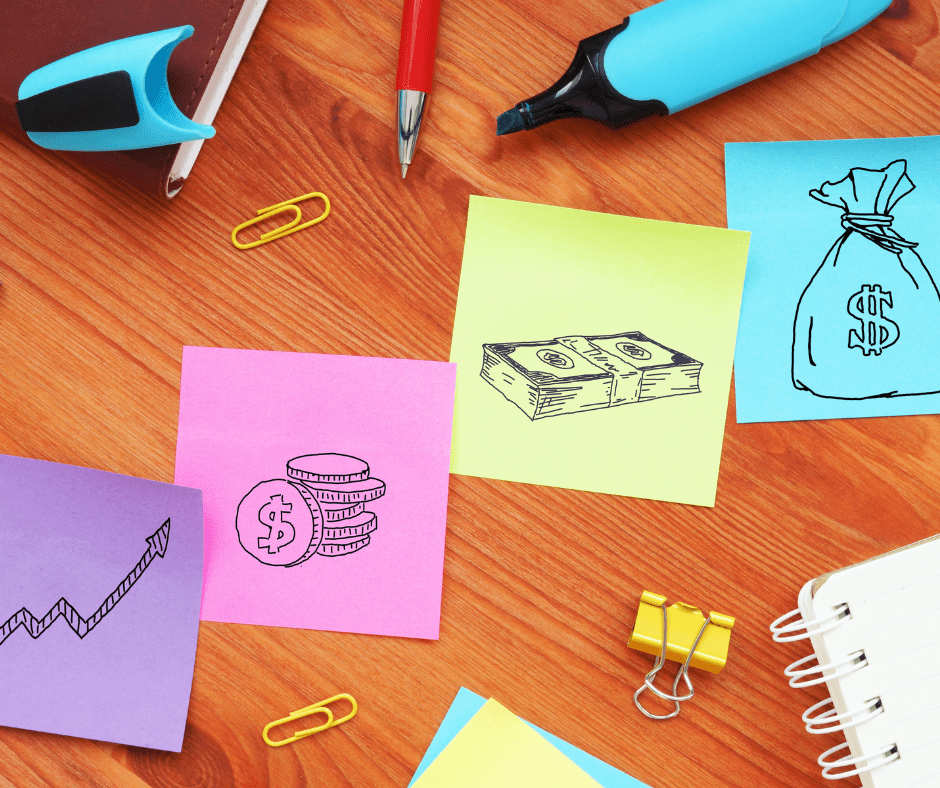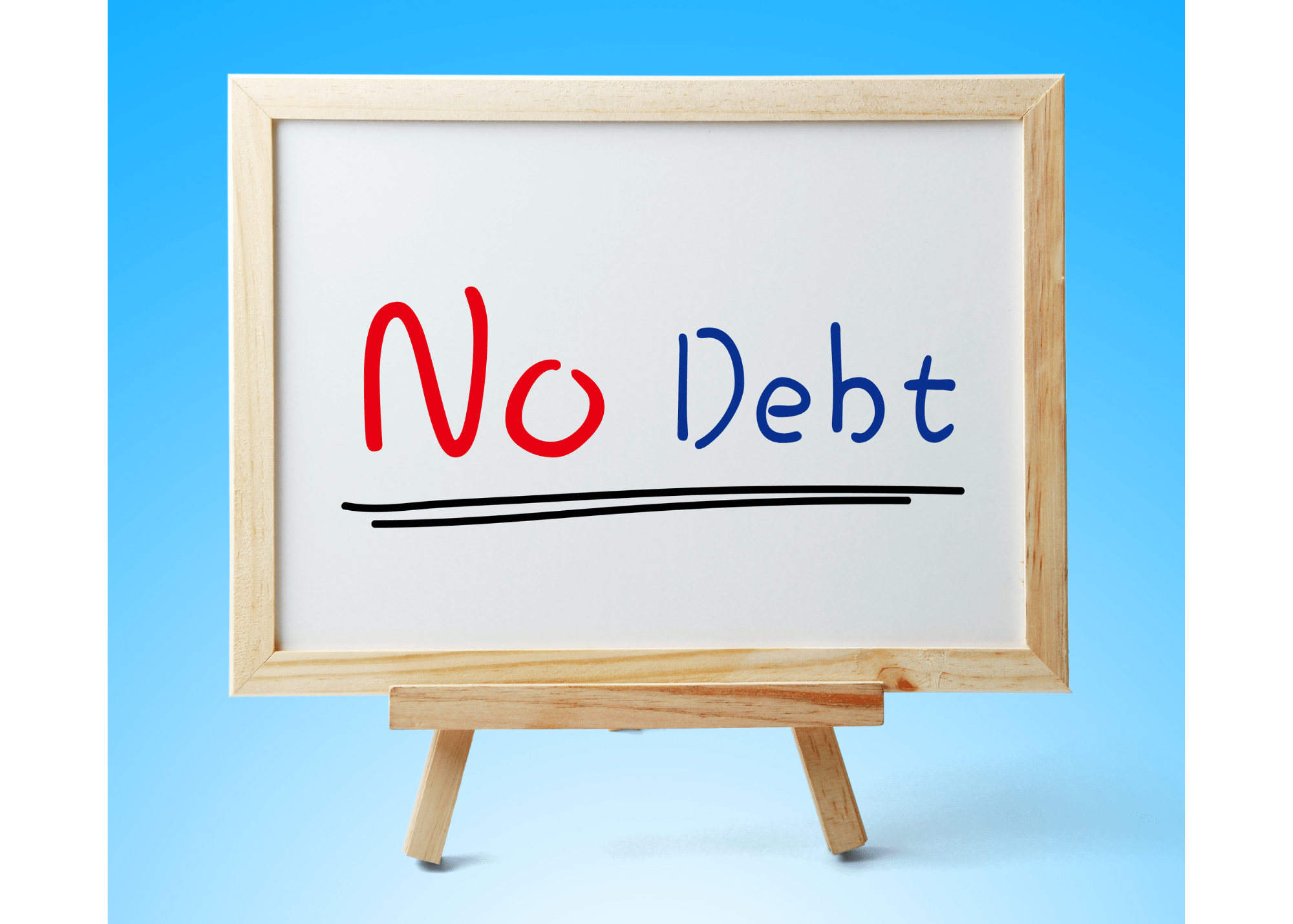Debt forgiveness is something that is on a lot of people’s minds, especially those with student loan debt. With the news of the government forgiving student loans, it brings up some questions, like:
“What’s the catch?”
“Is this too good to be true?”
Or, the one we’re answering today…
“Should I apply for forgiveness?”
IS IT WORTH IT?
Getting your finances in order changes your mindset to making your OWN path. The whole purpose of financial peace is to free yourself from being a slave to lenders and to be capable of developing the life you want to live… on your OWN!
When you reach financial freedom, no one is in control of your life, except you!
And you can’t really get there when you’re waiting around for a forgiveness program. Keep in mind, there are many forgiveness programs out there aside from the recent student loan forgiveness news.
Wouldn’t it be awful to meet all the requirements for forgiveness, wait around in a low-paying job for years, and make minimum loan payments, only to be denied forgiveness years later?
Because that is the typical outcome for loan forgiveness programs. The odds of actual forgiveness are low, and you’re not guaranteed forgiveness just because you meet the requirements.
It is foolish to wait for forgiveness, especially if you can pay it off faster yourself.
You don’t want to look back wishing you would’ve just taken matters into your own hands. Plus, there are many things that can happen during your forgiveness waiting period, including policy changes and changes to your own circumstances.
Making your own plan is faster and more reliable than waiting on the White House. Because honestly, when is waiting on the government ever a good idea?
So, all that to say, if you meet the requirements and have already dedicated the necessary hours for the program applicable to you, and you believe applying will put you ahead – then apply.
However, having your OWN plan in place is the key here. I’m not saying you shouldn’t apply, especially if you truly believe it will put you ahead. I’m simply reminding you that it’s usually faster and more reliable if you follow your own plan rather than waiting for a forgiveness program.
If you do apply for a program, and there are many, continue to work on your own plan as if you never applied. Pretend the denial letter already came, and you have to pay everything off yourself. Then if or when you do get approved, the forgiveness will put you ahead of your plan! Then you can move on to your next financial goal faster.
Also, if accepting forgiveness does not align with your values then don’t do it. If you will lose sleep over receiving debt forgiveness, then you are better off paying for your debt yourself.
Since that’s cleared up, keep reading to see how to pay off debt faster yourself!
HOW TO PAY OFF DEBT
1. STOP USING DEBT
This should be the obvious first step to paying off debt.
You have to STOP putting yourself in debt.
That means cutting up and canceling all of your credit cards.
That means no more shopping for a new vehicle that you cannot afford.
And that means quit rationalizing mortgage payments to get a house that you should not be living in.
Stop putting yourself in debt!
2. LIST ALL DEBTS FROM SMALLEST TO LARGEST
Make your list and check it twice.
No, I’m not going to sing the Christmas Carole.
But hopefully, it helps you remember to double-check that you have EVERY debt on your list.
Okay, so what is debt?
Well, anytime you owe money to someone else that is debt.
And yes, I even mean the money that you borrowed from a family member, that they so sweetly said to not pay back.
For step two, we’re only going to focus on non-mortgage debt. We’ll save mortgage debt for step five.
Here is a list of non-mortgage debts to help make sure you have every debt on your list:
- Student loans
- Car loans
- Credit cards
- Medical debt
- Home equity loans
- Payday loans
- Personal loans
- IRS and government debt
- Family loans
Great, now that you have your list – put it in order from smallest to largest.
3. BUILD A MONTHLY BUDGET
Now that you have the road map laid out. We need to work on a game plan to get you to your goals!
Building a budget is the best way to be intentional with your money and track every dollar of your income.
This will help you get out of the habit of getting your paycheck then blinking your eyes and wondering where it went.
Having a monthly budget SHOWS you where all of your money goes before you even get paid.
After you build your own monthly budget, you will see how much extra monthly income you have to put towards your goal.
In this case, your goal is to pay off debt!
So that extra monthly income that you do not have categorized will go towards paying off your smallest debt first.
If you want some guidance on how to build a budget, click here!
4. WORK THE DEBT SNOWBALL
If you haven’t heard of the debt snowball, then you’re about to get familiar with it.
Dave Ramsey is well-known for the debt snowball method.
Disclosure: I do not earn any commission on recommending the debt snowball method to pay off your debt. I simply just believe in the method, and I’ll tell you why!
You need to develop the behavior to pay off debt.
So, don’t try to figure out a new way to pay off debt using math and calculating the highest interest rates, and going down that rabbit hole.
Because if you wanted to use math to get out of debt, you would’ve never gotten in debt in the first place.
Because you are in debt, that means we have to help you get the mindset to pay off your debt.
To do that, you need to get motivated!
And the best way to do that is with small wins.
Paying off your smallest debt first gives you a small win and momentum to move on to your next debt, then the next biggest debt, and so on.
That momentum helps you develop the mindset to stay out of debt.
Because those small wins get you inspired and help you see the light at the end of the tunnel.
And that light at the end of the tunnel helps you picture a reality where you are debt-free!
Which helps you get further and further away from rationalizing that debt is an okay thing to live with.
5. PAY OFF MORTGAGE DEBT
Now that all the consumer debt is taken care of, let’s focus on the mortgage.
But first, we need to cover some ground rules, because paying off this debt will take much longer.
Your mortgage payments need to be no more than 25% of your monthly take-home pay, and you need to be on a 15-year fixed-rate mortgage.
Of course, the goal is to pay it off much faster than 15 years.
Also, before you begin throwing all of your extra cash towards your mortgage, we need to take care of you and your family first.
Because again you’ll be in this step for the long haul.
First, you need to get an emergency fund of 3-6 months worth of household expenses.
So, pause on paying off your mortgage – only the required minimum payment amount – until you have a fully-funded emergency fund.
Second, you need to rework your monthly budget amounts to reflect new goals. Which are:
- 15% of your income into retirement accounts and,
- saving for children’s college, if applicable
Once you get those numbers calculated into your new monthly budget. Then all extra income will be put towards paying off your mortgage early!
Don’t let anyone except yourself decide the course of your life. Take matters into your own hands so you can experience a financially free life!
Follow along for more tips on handling your finances!
All videos are made with Animaker, sign up for free today!
